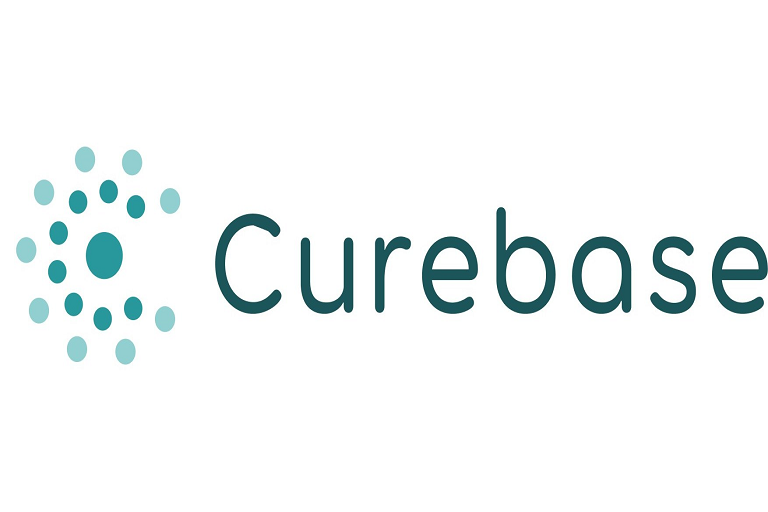Curebase Technology Key to metaMe Health’s FDA Clearance of Regulora
SAN FRANCISCO, — Curebase, a company committed to democratizing access to clinical studies, is pleased to have served as the technology partner for metaMe Health’s Regulora®, the first FDA-authorized treatment of any kind specifically for abdominal pain associated with irritable bowel syndrome (IBS) in adults. Digital therapies, like Regulora, are a rapidly expanding area of healthcare that require new a new approach to clinical research.
Clinical research for Regulora was successfully completed using Curebase’s decentralized clinical trial (DCT) technology and services. This unique approach to research made it possible for metaMe Health’s digital therapy trial to quickly enroll patients and collect data, regardless of the patient’s location.
“Digital therapeutics is an area of healthcare showing great promise as new approaches to treating a variety of maladies,” said Tom Lemberg, founder and CEO of Curebase. “With a new vehicle for delivering healthcare, like digital therapeutics, we see a need for a new approach to clinical research. Our technology was built to make trials accessible regardless of location and we are extremely proud to have worked with metaMe Health to successfully achieve FDA clearance. Most importantly, we are thrilled to have helped bring forward a new treatment for the millions of people suffering from IBS – they are the real beneficiaries of this accomplishment.”
metaMe Health’s Regulora provides behavioral therapy based on Gut-Directed Hypnotherapy (GDH) through a convenient smartphone app that can be used at home. GDH helps patients with their IBS symptoms by promoting healthier control of digestive tract function and delivering therapy designed to influence pain sensation. Until now, GDH has been provided only in-person by licensed therapists.
Regulora was evaluated in a multi-site, randomized, controlled, and blinded clinical trial of 362 evaluable subjects. Two of three analyses of the primary endpoint of abdominal pain achieved clinically significant separation from the control arm. Additionally, 68% of subjects assigned to Regulora reported overall satisfaction with the treatment and 87% would recommend Regulora to someone else with IBS. No serious adverse events were associated with Regulora. About 1% of study participants experienced non-serious adverse events including abdominal pain, constipation, fatigue, or headache. 87% of subjects assigned to Regulora were adherent to therapy.
About Curebase
Curebase is reinventing decentralized clinical trials to help the vast majority of potential patients that currently cannot access clinical research. Our vision is that any patient, no matter where they are located, should be able to participate in clinical trials at home and with their own doctors. This is made possible through a unique suite of tools Curebase’s has designed to engage patients in clinical trials across all settings, be it at home, at their local clinic, or other places in their community.
This starts with Curebase’s leading decentralized clinical trial software platform that is an all-in-one, purpose built eClinical software system, with every tool needed to manage and collect data for decentralized clinical trials. This includes ePRO, eCOA, eConsent, Telemedicine, and much more. Curebase also offers a virtual research site, complete with virtual investigators, research coordinators, mobile nursing, and other healthcare staff that administer care to patients where convenient for them, just like any other research site, but with the ability to stand up anywhere and with greater patient convenience and reach. Notably, Curebase is the pioneer of the “BYOP” or Bring Your Own Physician model, allowing patients to use their own doctors to participate in clinical trials.
We are reinventing a $45B market, enabling drug and device companies to increase the volume, quality, and speed of data collection regardless of patients’ physical location. COVID-19 tailwinds have created massive demand for telemedicine and home-based trials, with two new FDA guidance letters and industry-wide adoption of remote remote research that will only accelerate in the years to come.


















